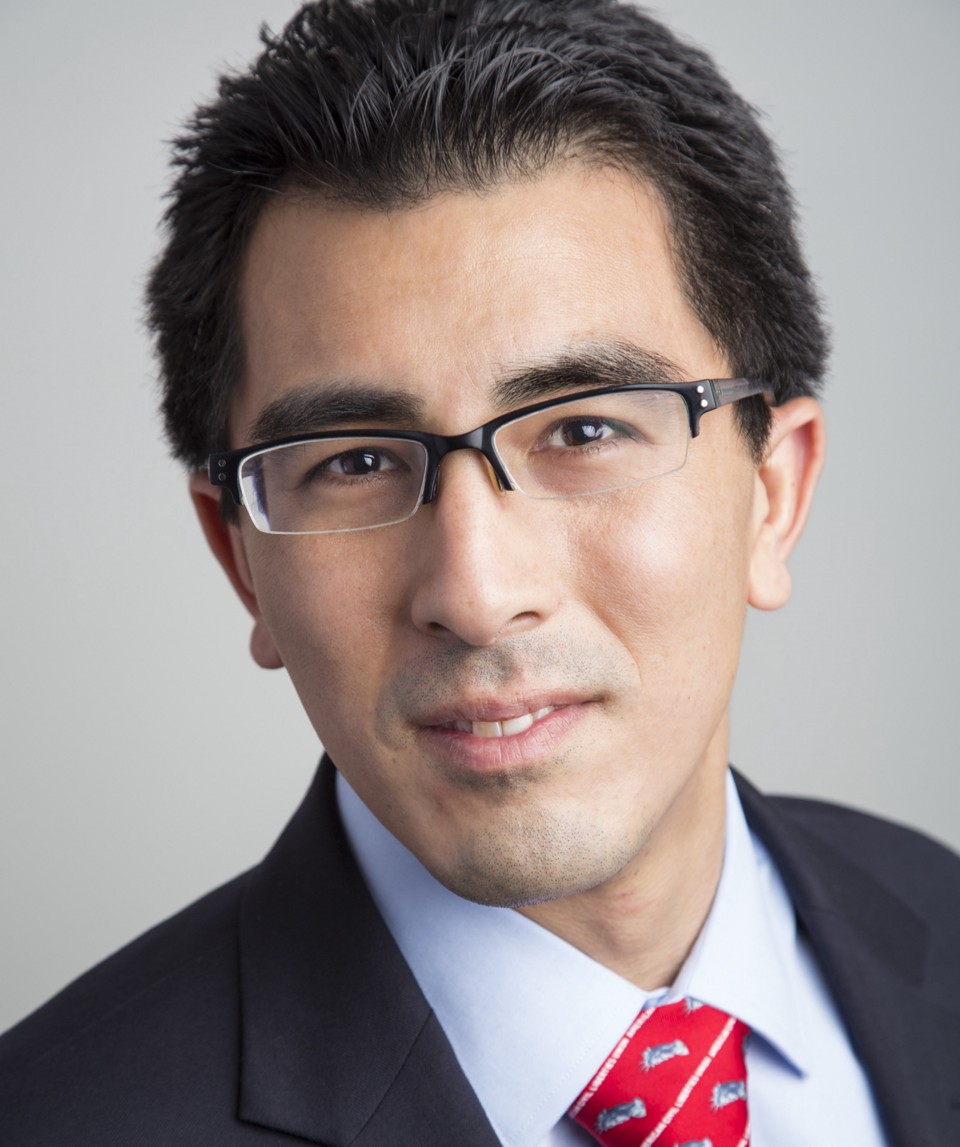It was only a matter of time before Attorney General Jeff Sessions backtracked on the Department of Justice’s earlier plans to phase out the use of private prisons. Indeed, the American Civil Liberties Union has been concerned about the former senator’s ties to the private prison lobby since October, when Geo Group—one of the biggest private prison corporations—hired two of Sessions’ former aides, David Stewart and Ryan Robichaux. On Thursday, Sessions issued a memo overturning the one put forth by Sally Yates, then the deputy attorney general, last August, which directed the Bureau of Prisons to reduce—and not to renew—any contracts with the prison corporations.
The Bureau of Prisons began working with contract prisons in 1997 to alleviate the overcrowding issues resulting from the nation’s tough-on-crime policies. “Private prisons served an important role during a difficult period, but time has shown that they compare poorly to our own Bureau facilities,” Yates wrote in August. A 2016 report from the Office of the Inspector General found that contract prisons couldn’t compete with the Bureau of Prisons’ facilities when it came to costs, security, or rehabilitative resources like education and jobs training for inmates. Despite the the report’s findings, Sessions wrote in a memo to the acting head of the Bureau of Prisons that Yates’ directive “impaired the Bureau’s ability to meet the future needs of the federal correctional system,” ABC news reports, and urged the Bureau to return to its old private prison practices.
Pacific Standard spoke with Carl Takei, a staff attorney with the American Civil Liberties Union’s National Prison Project, about how Sessions’ memo could reverse the recent trend toward decreasing prison populations.

Why does the ACLU oppose the use of private prisons?
Handing control of prisons over to for-profit companies is a recipe for abuse and neglect. The memo from Sessions ignores that fact despite decades of evidence about the human consequences of privatizing prisons. This is something that the ACLU and countless other organizations have documented, and the Department of Justice’s own Office of the Inspector General documented in August, which contributed to the announcement that was just rescinded today phasing out private prisons.
Why don’t private prisons run as well as the Bureau of Prisons’ own facilities?
This is an inherent problem with the idea of privatizing prisons and making them run for profit: It’s not a circumstance where you can find cost savings that make sense on a human or societal level. Typically the results of privatizing prisons is that they cut corners on security staffing, medical staffing and medical procedures, education, and other rehabilitative programming, and none of that is good for either the people inside or society at large.
The human impact of this is important. The Obama administration, when it announced the private prison phase-out, did so because of incredibly damning findings from the inspector general, and Sessions is now ignoring those findings and ignoring the reality of what happens in the private prisons that this new order benefits.

(Photo: ACLU)
What does Sessions’ memo mean for America’s recent attempts to reduce prison populations and end mass incarceration?
The existence of the private prison industry enables the rapid expansion of mass incarceration. So while it’s not accurate to say that private prisons cause mass incarceration, they’re one of a number of factors that allow us as a country to slide into incarcerating more and more people.
What the memo signals in its language about “the future” of prison populations is that we may be headed for a new federal prison boom. Based on what the president and Department of Homeland Security have issued so far, you know, with the immigration executive orders and the memos from the DHS, it appears that boom is going to be fueled, in part, by criminal prosecutions of immigrants for entering the United States.
How could the Department of Justice’s change in course influence the DHS?
The memo is about the Department of Justice rather than the DHS, but, taken together, the Department of Justice and DHS are the biggest single quote-unquote customers of the private prison industry. Corrections Corporation of America, for example, gets more than half of its revenue from the federal government. Geo Group, which is the other large, publicly traded private prison company, gets almost half of its revenue from the federal government. So they’re both heavily dependent on this revenue. What we’re looking at based on the immigration policy that this administration has announced are not only a massive increase in the number of people who are held in DHS custody as immigration detainees, but also an increase in the number of people who are held in Department of Justice custody because, in addition to being subjected to civil immigration enforcement mechanisms, they’re also going to be facing criminal prosecution for entering the country.
This interview has been edited for length and clarity.





